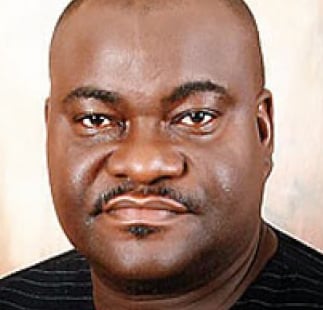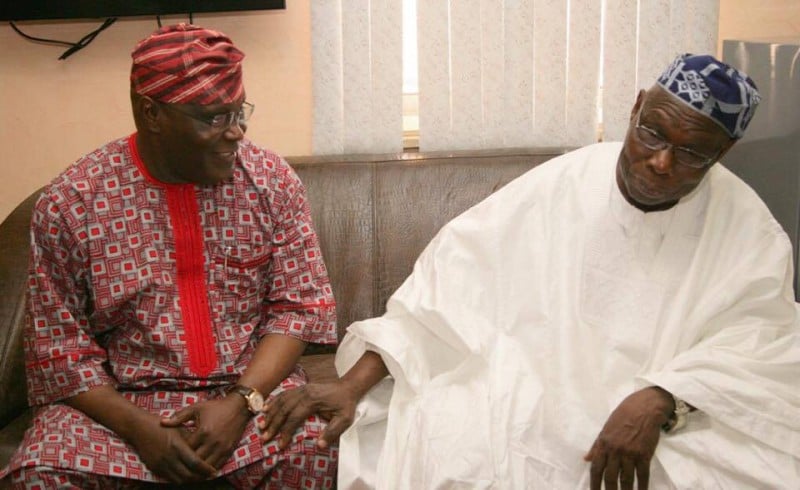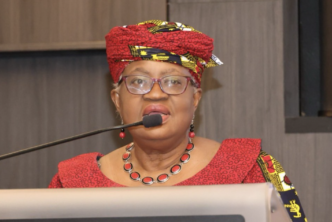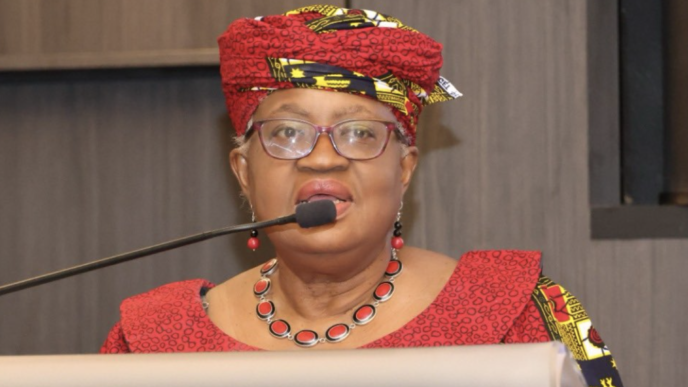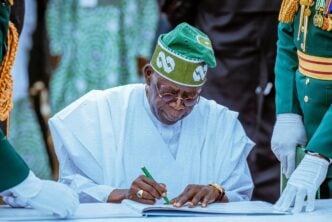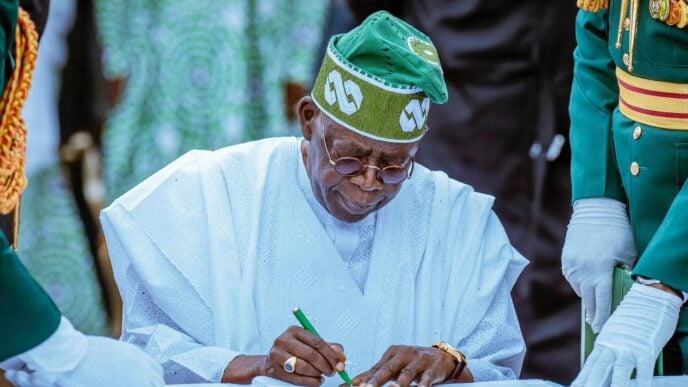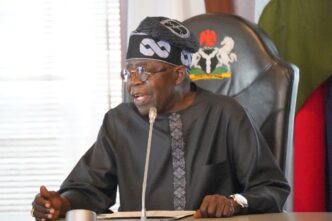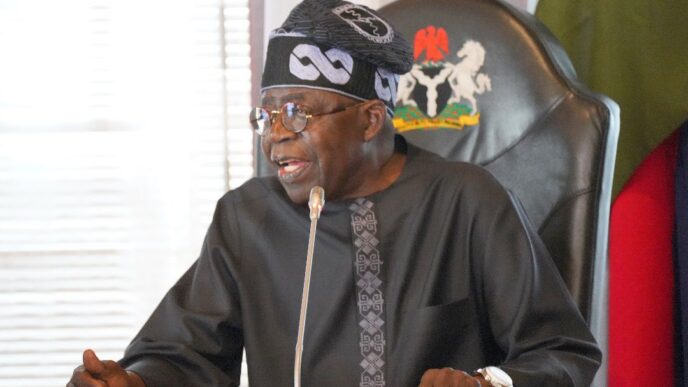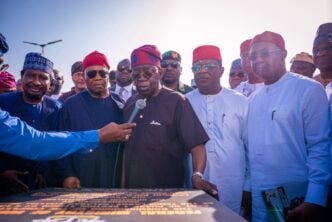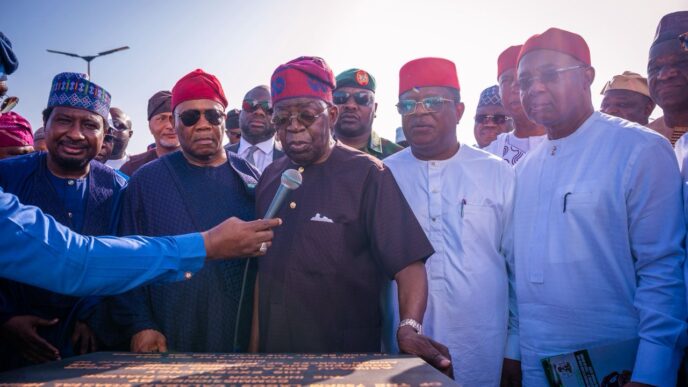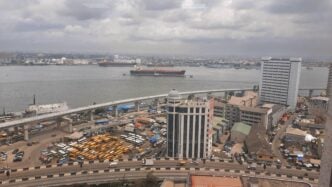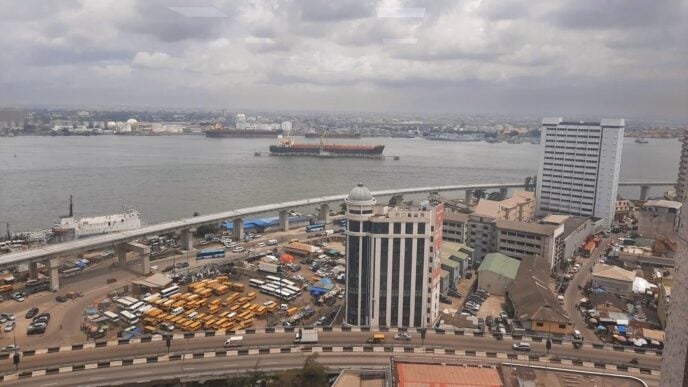Former President Olusegun Obasanjo was in his farmhouse address in Otta, Ogun State during the last weekend of January 2002. It was supposed to be a short get-away from work in Abuja where he was routinely out of bed before 6am and rarely retired before 2am the next morning. But work followed him to Otta, salient files from his Abuja office shipped over. Some of his senior aides and public officers also stopped by. From Otta, he was scheduled to undertake a two-day official visit to Katsina State. It was part of his countrywide tours, appraising the permeation of tangible dividends of democracy to Nigerians at all levels. I was on Obasanjo’s staff and had proceeded from Abuja on the advance team to tidy up preparations and to receive him. Sunday January 27, 2002, the evening before his scheduled departure from Otta en route Lagos to Katsina, however, unprecedented, massive explosions occurred in Lagos. The air was thick with uncertainty. Where could this earth-quaking “bombings” have taken place? Was it precedent to a coup to topple the nascent Obasanjo government?
The security ring around the President decided to be proactive. With the pervading confusion, the wisest probable thing to do was to move the President to safety, just in case it was a putsch. Should he be flown back to Abuja through Lagos? Should he drive to neighbouring Benin Republic as guest of his Beninoise counterpart? The genetically strong-willed Obasanjo would rather await security briefing. He wasn’t going anywhere, he said. Reports came in to the effect that the mishap occurred at the Abalti Barracks, Ikeja Cantonment, in Lagos. It occurred at the armoury of the military facility, where high calibre explosives were improperly stored. The tragedy claimed well over 1000 casualties, military and civilian. It displaced over 20,000, as it spread rapidly to adjoining districts and communities. Obasanjo had to be persuaded by his personal physician to get some sleep because of his loaded schedule ahead the following day. He stayed up, eyes wide open late into the night.
Obasanjo began his day on Monday January 28, 2002, at the Ikeja Cantonment. He toured the site of the occurrence and the adjoining areas which were flattened by the detonations and held a meeting with the military commanders. He considered rescheduling the Katsina trip in sympathy with the casualties. He was reminded by his protocol officials, however, that the Katsina visited had earlier been scheduled and cancelled because of the unavailability of the Governor of the state at the time, Umaru Musa Yar’Adua. Yar’Adua who succeeded Obasanjo in 2007, was abroad for a long spell, on cogent medical grounds. Before a sullen-faced Obasanjo addressed his hosts in Katsina when he eventually arrived, he called for two minutes of silence in memory of those that died in the Ikeja incident, and to empathise with the injured and displaced.
Ehigie Edobor Uzamere who represented Edo South Senatorial District in the seventh and eighth national assemblies, is 70 today. An elaborate event has been laid out to commemorate the landmark in Benin City, the Edo State capital. Former Vice President, Atiku Abubakar, GCON, is one of the very high profile dignitaries who was expected to grace the high profile programme. Reports indicate that members of Atiku’s entourage received reminders last night, detailing his itinerary. Earlier today, however, the Office of the Former Vice President put out the following statement:
Advertisement
Cancellation of Benin Trip Due to Recent National Tragedies:
I write to inform you that His Excellency Atiku Abubakar, GCON, Waziri Adamawa, Vice President of Nigeria, (1999-2007), has reflected on the twin national tragedies in Niger and Kano States, where flooding and road traffic accidents have respectively claimed the lives of several Nigerians. In the light of this, he has decided to CANCEL his planned trip to Benin City, Edo State, this afternoon, June 1, 2025. This is to enable him mourn and pay his respects to the victims and their families.
The statement was signed by Yahaya Ibrahim Zango, Principal Private Secretary to the former Vice President.
Advertisement
It is important to provide this background as counterpoint to the momentary retirement of President Bola Tinubu to Lagos for some official engagements, and the observance of the forthcoming Eid-el-Kabir festival. Tinubu left Abuja on Tuesday May 27, 2025, to attend a string of programmes. According to the press statement which announced his movements, he will remain in Nigeria’s old capital city until the conclusion of the ileya event on Monday June 9, 2025. To this extent, he will be away from Abuja for two weeks. Thus far, the President has attended ceremonies commemorating the 50th anniversary of the setting up of the Economic Community of West African States, (ECOWAS). He is equally commissioning and inspecting projects completed or initiated by his administration, to mark the second year anniversary of his presidency.
Before Tinubu’s departure from Abuja, he had been duly briefed about recent heightened attacks and incursions into parts of the North East, especially Borno State, which has been troubled by insurgents, for several years. He was acquainted about renewed, genocidal-scale killings in parts of the North Central, especially Benue and Plateau states. Bandits and miscreants have equally recently unsettled the peace and quiet of the Yoruba-speaking section of Kogi State, Okunland, across its six local government areas. Flooding in Niger State, also in the Middle Belt region, has claimed over 100 lives and disconnected parts of Nigeria’s North and South West, by the collapse of the all-important North-South bridge in Mokwa, in Niger State. Just yesterday, 22 members of the Kano State contingent to the recently concluded National Sports Festival in Ogun State, were consumed in an automobile mishap. The President’s prototype message of commiseration, and his directives to relevant departments of government to step in and provide succour in these various instances, is in the public space.
While spontaneous press releases and phone calls have their places in state administration, nothing compensates for that essential human touch, that conscientious empathy, in circumstances and periods of grave nationwide anguish such as we are in. The nation’s streets are lacquered by the blood of innocents, across our luminous geographical perimeters. The belly of the earth chokes and suffers reflux beneath the tonnages of unceasing and ill-timed cadavers it daily receives. Death, to borrow from the evergreen lyrics of the revered, veteran Yoruba music artist, Ebenezer Obey, has become “two for half a penny. Communities are displaced by the intolerable activities of rampagers and marauders, echoing memories of the 30-month bitter civil war which our country survived between 1967 and 1970. The living and medical conditions of internally displaced persons, (IDPs) in Benue State for example, are better not discussed. Yet, one generation of Nigerian toddlers bred and raised in those hovels, have never glimpsed another home, another community.
Times like this call for true, sincere leadership. Times like this demand way beyond the commandist outsourcing of responsibilities to scheduled appointees. They demand beyond monarchy-style overlordship as Nigerians perceive their leaders. They call for proactive and compassionate leadership. The Nigerian President is easily one of the most pampered across the world. He possesses every equipment and facility to enable his locomotion around the country, even the world, by the snap of his fingers. In a season such as this when gloom and despair pervade the nation, Tinubu should intentionally extricate himself from fawning aides and grovelling courtiers and demonstrate physical identification and genuine concern and humanity for his beleaguered constituents.
Advertisement
Very clearly, the campaign for the 2027 presidential election has been flagged off. President Tinubu is receiving endorsements and adoptions in places. His morale about the continuation of his job beyond his subsisting mandate which ends on May 29, 2027, is high. Tinubu, however, has pressing, present obligations to Nigerians, well ahead of 2027. The way he redeems these commitments by way of good governance of some sort, will largely determine the direction the hand of the clock ticks, come 2027. Except if the polls have been predetermined as has notoriously become the vogue with Naija-style democracy and electoral system.
Olusunle, PhD, Fellow of the Association of Nigerian Authors (FANA), is an adjunct professor of creative writing at the University of Abuja.
Views expressed by contributors are strictly personal and not of TheCable.
